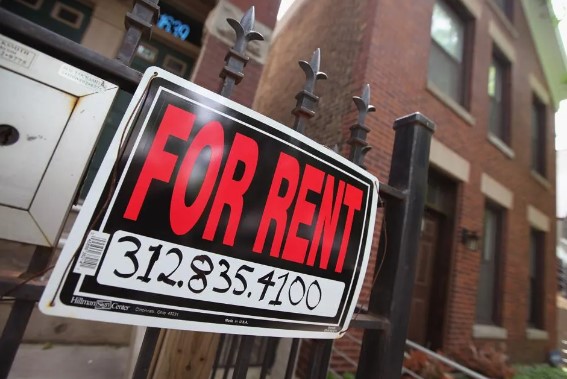Published by Forbes.com | January 14, 2023
If you’re a real estate investor, you probably know not to expect a perpetual rally in rent prices. This slowdown should have been anticipated.
The pandemic has wreaked havoc on America’s rental markets. From business closures that prevented renters from earning an income to eviction moratoriums to mass migrations that accompanied remote work opportunities, nothing looks like it did in February 2020.
There are indications that we’re seeing a decreased rate of price hikes for renters in recent months, but that doesn’t necessarily translate to rent decreases.
While there aren’t as many indications that we’re living through a recession, depending on your income bracket, it may feel like we are. However, whether or not we’re in a recession might not matter because recessions don’t necessarily mean rent prices go down.
Rising rents were part of what prompted the Fed to start increasing interest rates. When we start seeing significant rent increases, it’s called ‘sticky inflation.’ Sticky inflation happens when prices jump on expenses that experience pricing changes in cycles of 4.3 months or more.
This means it takes longer for rent to decrease once it goes up. It’s more common to see prices stabilize for a while rather than see prices come down in terms of real dollars.
Rental costs went up by 23.5% between October 2019 and October 2022, which negates any gains workers may have made in terms of wage growth during the pandemic. The odds that rent will come down enough to compensate for this historic increase are low.


